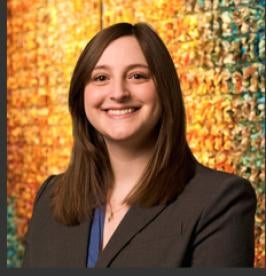While federal (and some state) privacy regulations permit sharing health information for a variety of treatment, payment, and operational purposes, strict federal regulations governing one category of health information prohibit such activity without patients’ written authorization. A federal agency has opened the door to potential changes in those regulations.
The U.S. Department of Health and Human Services (HHS) Substance Abuse Mental Health Services Administration (SAMHSA) announced that it will hold a public listening session on June 11 to obtain input from stakeholders regarding potential changes to 42 CFR Part 2, the federal regulations governing the confidentiality of Alcohol and Drug Abuse (AODA) patient records.
HHS notes that over the last 25 years, significant changes have occurred in the U.S. health care system that were not envisioned by 42 CFR Part 2, including:
-
New models of integrated care built on a foundation of information sharing to support coordination of patient care;
-
Development of electronic infrastructure for managing and exchanging patient data;
-
Development of prescription drug monitoring programs; and
-
A new focus on performance measurement within the health care system.
According to HHS, stakeholders, including health information exchanges (HIEs) and accountable care organizations (ACOs), are excluding AODA data due to the difficulty and expense of implementing functionality and workflow changes necessary to comply with current regulations; and patients are prevented from fully participating in integrated care efforts.
HHS reports that SAMHSA strives to facilitate information exchange while respecting the need for confidentiality protections that encourage patients to seek treatment without fear of compromising privacy. In order to address these concerns prior to the initiation of rulemaking, the listening session will address the following questions:
-
Applicability of 42 CFR Part 2, e.g., what entities and information should be covered under the regulations now that more AODA treatment is occurring in general health care and integrated care settings.
-
Consent requirements, e.g., difficulty in disclosing to programs like HIEs and ACOs and whether a more general consent would be appropriate rather than the current requirement that a 42 CFR Part 2 consent include the name of the organization to which the disclosure is to be made.
-
Difficulty with re-disclosure prohibitions, e.g., methods to address concerns related to required data segmentation and whether the prohibition should be limited to only that information that identifies an individual as a substance abuser.
HHS also intends to address questions related to medical emergency disclosure, qualified service organizations, research, electronic prescribing, and prescription drug monitoring programs at the listening session.
You can read the HHS announcement here. Interested participants may register for the listening session here, and once available, the agenda and logistics will be posted here



 i
i


